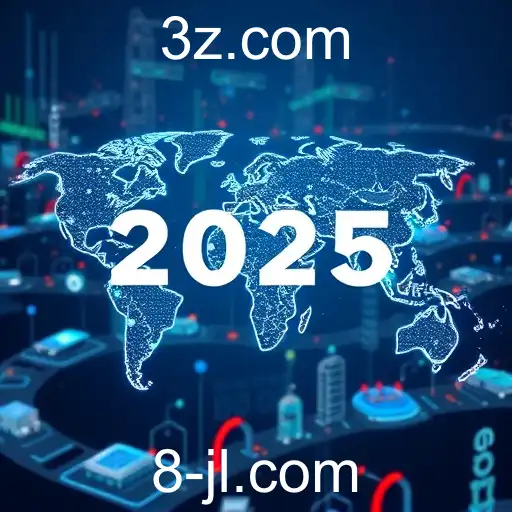
Digital Transformation and Its Impacts on Society

The world is undergoing a significant digital transformation, reshaping industries and redefining societal norms. This evolution, accelerated over the past few years by technological advancements and global events, continues to gain momentum as we move through 2025. The rapid development in digital technologies is not only changing the way businesses operate but also impacting social interactions and economic dynamics on a global scale.
One of the key drivers of this transformation is the integration of artificial intelligence (AI) in multiple sectors ranging from healthcare to retail. In healthcare, AI technology is revolutionizing patient care with precision medicine, predictive analytics, and enhanced diagnostic tools. Meanwhile, in retail, AI algorithms are personalizing customer experiences, offering more tailored and efficient services. This shift towards a digital-centric approach has created new opportunities, yet it also presents challenges, particularly concerning data privacy and security.
Moreover, the propagation of 5G networks has further catalyzed advancements in the Internet of Things (IoT), enabling smarter cities and infrastructure. With connected devices becoming more prevalent in day-to-day life, urban planning and public services are adapting to utilize data-driven insights for improved decision-making. However, alongside these benefits, the dependency on digital infrastructures raises concerns regarding digital vulnerabilities and the need for robust cyber defense mechanisms.
In the work environment, remote and hybrid models have become normalized, prompting companies to adopt flexible digital tools and platforms to maintain productivity and collaboration across borders. This new normal has necessitated a reevaluation of conventional work practices and posed significant questions about the digital divide and access inequality, as not all regions have the same level of infrastructure or resources to adapt to these changes seamlessly.
Governments worldwide are engaging in policy-making to navigate the fast-evolving technology landscape, ensuring that digital innovations align with ethical standards and contribute positively to societal welfare. The role of education is also pivotal in preparing future generations for this digital first world, emphasizing the importance of digital literacy as a core competency.
As we continue to witness the exponential growth in digital transformation, it is imperative to strike a balance between harnessing technological potential and addressing its broader implications. This balance will be crucial in shaping a future where technology serves as a catalyst for positive global change, promoting societal advancement while safeguarding fundamental human rights.
The Rise of Online Gaming in 2025

Exploring the transformative trends in online gaming and how platforms like 8jl are shaping the future.
2025-11-08
Rise in Popularity of Virtual Gaming Platforms

An exploration of how virtual gaming platforms, including websites like '8jl,' are transforming the landscape of online entertainment and community engagement.
2025-10-18
Evolving Gaming Trends and Economic Shifts

Exploring the dynamic world of gaming through the lens of economy and culture.
2025-11-02
The Digital Playground: How 8jl is Revolutionizing Gaming

Exploring the evolution and influence of the gaming website 8jl in the dynamic world of online entertainment.
2025-11-10






